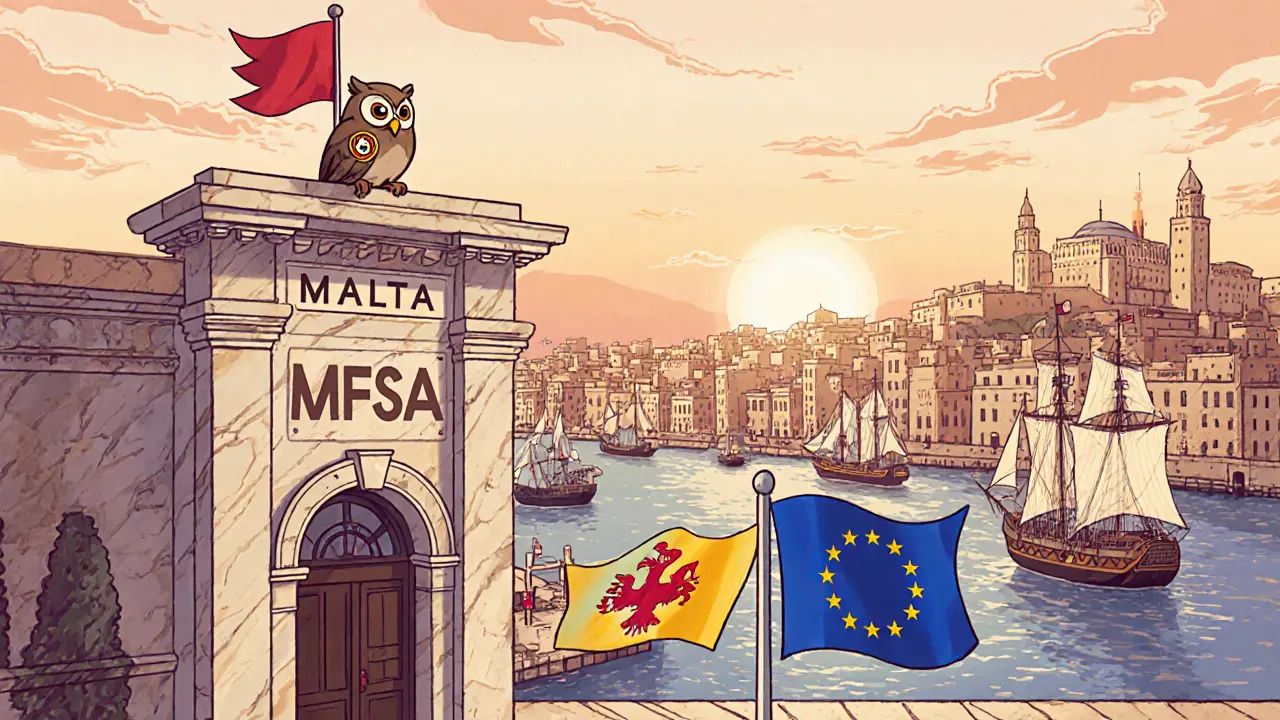Crypto Licensing Malta: A Practical Overview
When working with crypto licensing Malta, the set of rules that lets crypto firms operate legally on the island. Also known as Malta Crypto Licence, it is issued by the Malta Financial Services Authority, the regulator responsible for supervising financial services and digital assets. The licence falls under the Virtual Asset Service Provider (VASP) framework, which requires strict Anti‑Money Laundering (AML) compliance and ties to broader European Union crypto regulation, the set of directives that shape crypto policy across EU members. This combination means any project seeking a Malta licence must meet local supervisory standards while aligning with EU‑wide expectations.
In practice, the MFSA evaluates three core pillars: technology, risk management and consumer protection. First, the applicant must prove its blockchain infrastructure is secure, usually by providing code audits and proof‑of‑concept demos. Second, risk controls are assessed through detailed AML/KYC procedures, transaction monitoring tools and contingency plans for cyber‑incidents. Third, consumer safeguards include clear disclosures, dispute‑resolution mechanisms and insurance coverage where applicable. These pillars connect directly to the VASP licence requirements and to the EU's Fifth Anti‑Money Laundering Directive, which Malta has transposed into national law.
Key Steps to Secure a Malta Crypto Licence
Getting the licence is a step‑by‑step process. Applicants start with a pre‑application meeting with the MFSA to clarify scope and documentation needs. Next, they submit a formal dossier covering corporate structure, governance policies, technical architecture and AML/KYC frameworks. The regulator then runs a fit‑and‑proper test on directors and key officers, ensuring no conflicts of interest. After approval, licence holders must file quarterly compliance reports, undergo on‑site inspections and keep their AML programs up to date. Failure to meet any of these ongoing obligations can lead to suspension or revocation, underscoring the importance of continuous governance.
For startups, the Malta route offers a clear legal environment, access to a skilled talent pool at the Blockchain Innovation Hub, a government‑backed lab that supports R&D and offers networking with regulators, and a gateway to the broader EU market. For established firms, the licence signals regulatory maturity, helps attract institutional investors and simplifies cross‑border operations under the EU passporting regime. crypto licensing Malta therefore isn’t just a bureaucratic hurdle; it’s a strategic asset that can boost credibility and open new business channels. Below you’ll find articles that dive deeper into each aspect—from VASP licence details to AML best practices and the latest EU regulatory updates.

